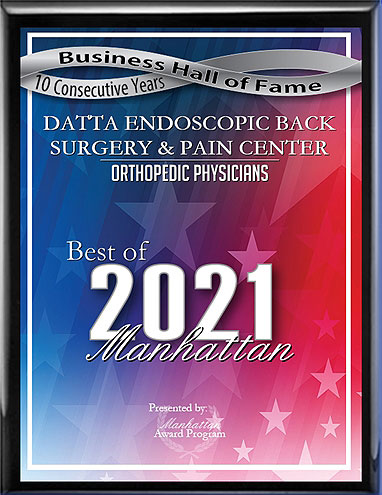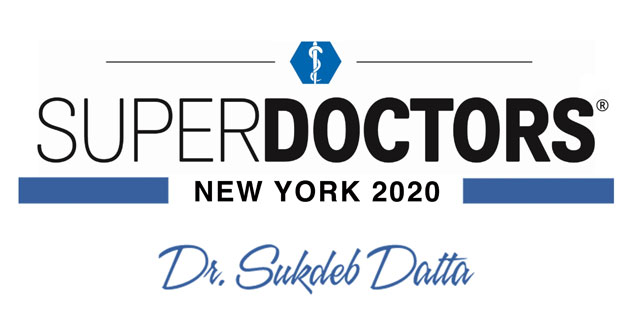Fortunately, laser back surgery vastly reduces the risk of infection after the surgical treatment of common back conditions such as herniated disc, stenosis, and more. While no surgery is completely without risk of infection, the risk of infection from laser back surgery approaches zero, at a mere 0.07%.
Risk Factors
With any surgery, certain people are more liable to develop infections than others. While almost no patients will develop infections from laser back surgery, your risk may be higher if you have a condition which compromises your immune system. Your doctor will take any such conditions into account when making a recovery plan.
Apart from disorders of the immune system, the following factors put you at a higher risk for developing an infection:
- Touching your wound, unless necessary
- Not washing your hands before touching your wound
- Lifestyle practices which decrease immune response, such as smoking, drinking, not getting enough sleep, and not eating a healthy diet
- Failing to take the full course of antibiotics you are prescribed
All of these risk factors can be easily eliminated with small lifestyle changes after surgery; following your doctor's recommendations will reduce your risk of infection.
Traditional v. Laser Back Surgery
Getting surgery in a hospital greatly increases the risk for infection. Hospitals are huge repositories of illness, despite sanitation measures. Furthermore, due to the high (but necessary) use of antibiotics and anti-bacterial cleaners in hospitals, they are breeding grounds for antibiotic-resistant strains of diseases, such as MRSA.
For these reasons, the chance of developing an infection after receiving traditional open back surgery is much higher than the chance of infection after laser back surgery; it stands at 4.5% in contrast to laser surgery's 0.07%. In general, the following factors determine whether an individual will develop an infection after surgery:
- Health of the patient's immune system
- Exposure to microbes during surgery and recovery
- How invasive the procedure is
- Quality of post-surgery care
By all of these measures, laser back surgery comes out on top. Since the procedures are minimally invasive, usually only requiring incisions from one or two small needles, there is a much smaller wound on which microbes can proliferate. Furthermore, a small wound is able to heal much more quickly than a large wound, meaning that there is less time for an infection to occur. There is less proliferation of disease in outpatient offices than in hospitals, meaning less exposure for patients. Invasive surgery and the long subsequent recovery can also place a strain on the body's immune system; since laser back surgery is much less invasive, the immune system stays stronger during recovery.
While the risks of a hospital stay are by all means necessary for individuals undergoing major surgery or receiving treatment for major illnesses, there is no longer any need for most routine back surgeries to fall under that category. Laser back surgery uses tiny incisions, endoscopic cameras, and special tools to perform procedures previously done with large scalpels and the removal of skin, muscle, and bone.
Not all patients with back pain can be treated with laser back surgery; some back pain can be treated with conservative, non-surgical treatment, while other patients with less common conditions may require open back surgery. However, a majority of routine back surgeries can now be performed with minimally invasive laser surgery. For patients who do undergo this procedure, the risk of infection approaches zero.
To schedule a consultation about laser surgery to treat your back condition, please call the Datta Endoscopic Back Surgery and Pain Center at 347-380-9138.






 EDISCSCULPT
EDISCSCULPT



